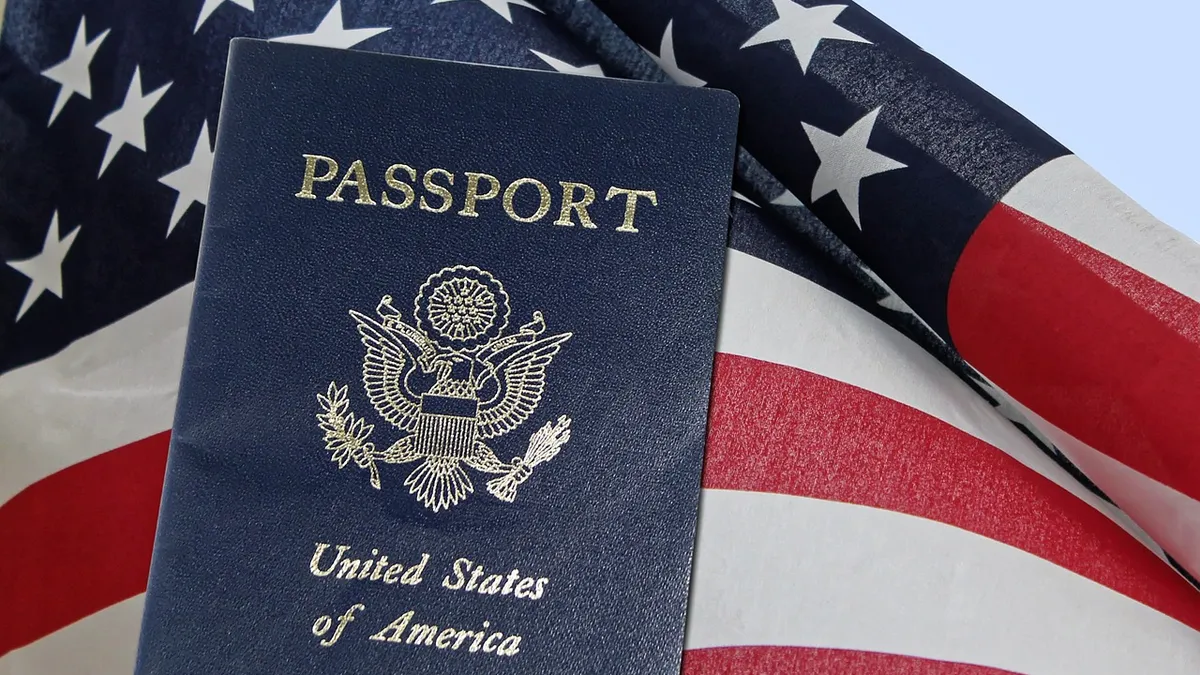Dive Brief:
- Denial rates for new employment H-1B petitions were 32% in the first quarter of FY 2019, a significant increase in the number of rejections seen in previous years, according to research from the National Foundation for American Policy (NFAP). Between FY 2010 and FY 2015, the rate never exceeded 8%, NFAP said. The results are based on a study of U.S. Citizenship and Immigration Services (USCIS) data.
- The researchers said they believe the rise in denials occurred because "USCIS and its adjudicators have raised the standard of proof for approving an H-1B petition."
- NFAP also noted that employers are experiencing more difficulty in getting approval for existing H-1B visa holders. In Q1 of FY 2019, USCIS denied 18% of H-1B petitions for continuing employment, compared to denying 3% in FY 2015 and 5% in FY 2017, NFAP said. NFAP noted that Amazon's H-1B denial rate was 17% for continuing employment during FY 2019. Microsoft's denial rate for initial employment was 13% for FY 2019, up from 1% in FY 2015, according to NFAP.
Dive Insight:
Computer-related occupations make up a large part of the H-1B program. Almost 70% of petitions in FY 2017 were for computer professionals, according to USCIS data. At least 10 companies that provide professional or IT services experienced denial rates for H-1B initial employment of more than 40% in Q1 FY 2019, while the companies' denial rates in FY 2015 were between 4% and 8%, NFAP said.
Earlier this year, the U.S. Department of Homeland Security (DHS) made changes to the H-1B visa program. The rule reversed the order by which USCIS selects H-1B petitions so that USCIS first selects the petitions filed on behalf of all visa holders and then selects from the remaining petitions a number estimated to reach the advanced degree exemption. DHS also put into place an electronic registration requirement for H-1B cap-subject petitions expected for the FY 2021 cap season.
DHS has said the reversed selection process will increase the number of individuals with advanced degrees from U.S. colleges and universities selected for further processing and that the electronic visa program will be more productive for businesses. But others have reported the filing process has become more difficult for petitioners and employers, with previously routine H-1B applications receiving much more scrutiny than in the past.
Employer willingness to hire under the H-1B visa system does have a payoff, according to research by two University of California assistant professors. In a study involving product reallocation over patents, they discovered that firms that hire high-skilled workers through the program are more likely to have high product reallocation rates associated with high amounts of revenue growth. The researchers also found that businesses that hired H-1B workers weren't as damaged by the Great Recession as those that did not.













